Noticias
-

Bromo Indigo vs Indigo Blue: A Comparative Insight for Fabric Dyeing
When it comes to dyeing fabrics, bromo indigo and indigo blue stand out as two highly sought-after dyes.Leer más -
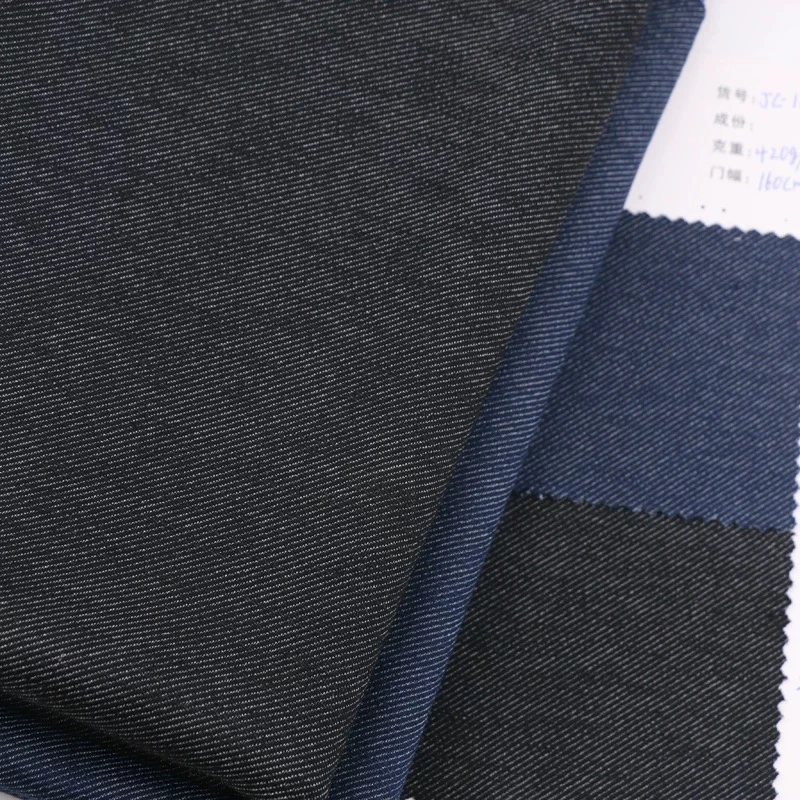
Sulphur Black: The Preferred Choice for Textile Dyeing
In the world of textile dyeing, sulphur black has emerged as a leading choice for manufacturers seeking durable, rich colors and efficient production processes.Leer más -
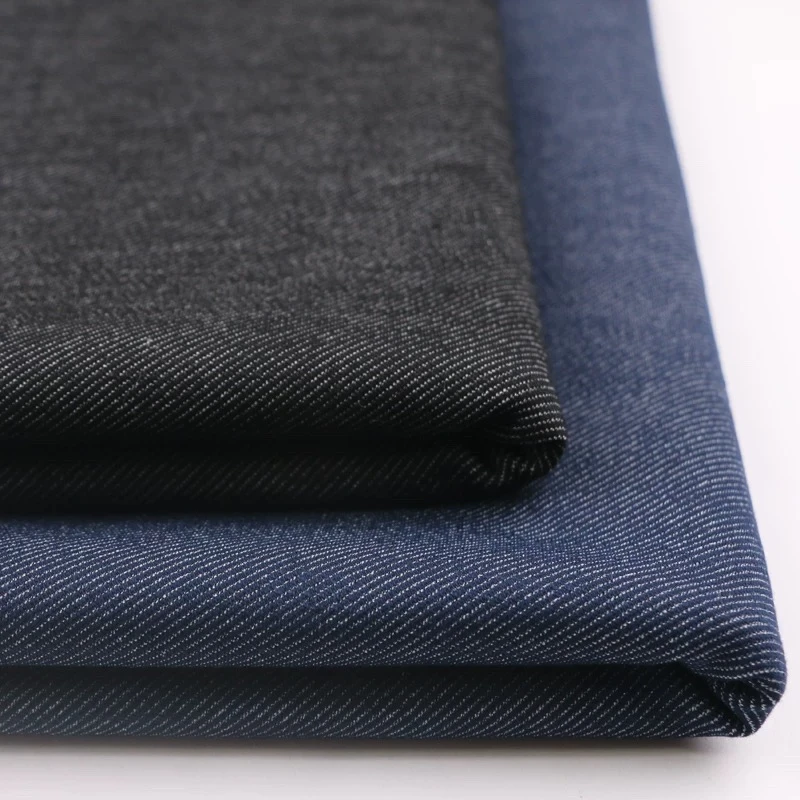
Sulphur Black: The Perfect Solution for High-Quality, Long-Lasting Fabric Dyeing
Sulphur black is a versatile dye that has become a staple in the textile industry, particularly for applications like denim production.Leer más -
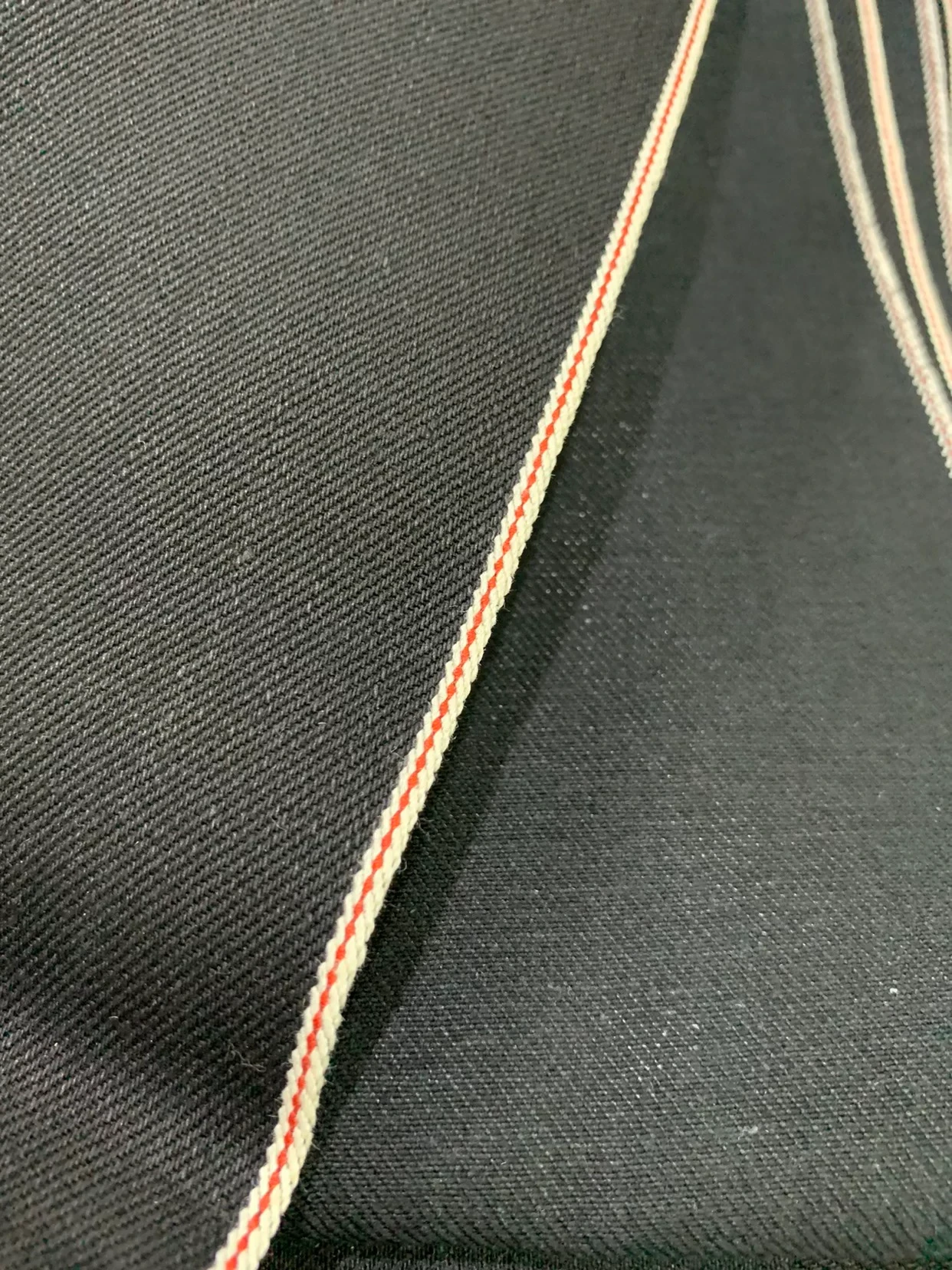
Sulphur Black: The Essential Dye for Rich, Deep Colors in Fashion
Sulphur black is a prominent dye used in the textile industry, especially in denim production, where it creates rich, deep black tones.Leer más -
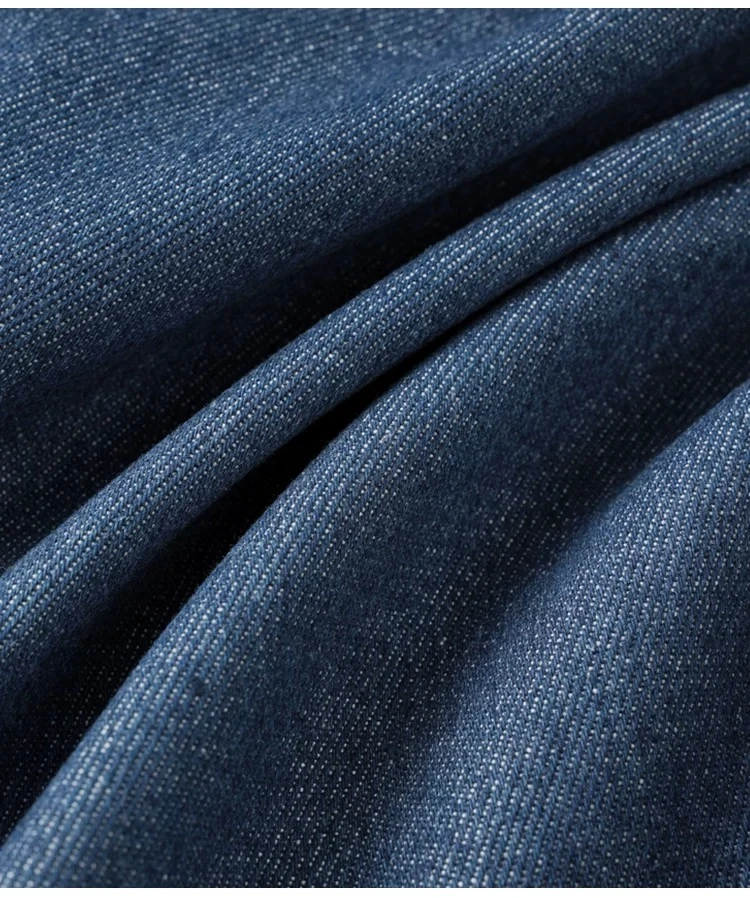
Bromo Indigo: The Future of Environmentally Friendly and High-Quality Dyeing
When it comes to textile dyeing, bromo indigo stands out as a versatile, environmentally friendly, and sustainable option.Leer más -
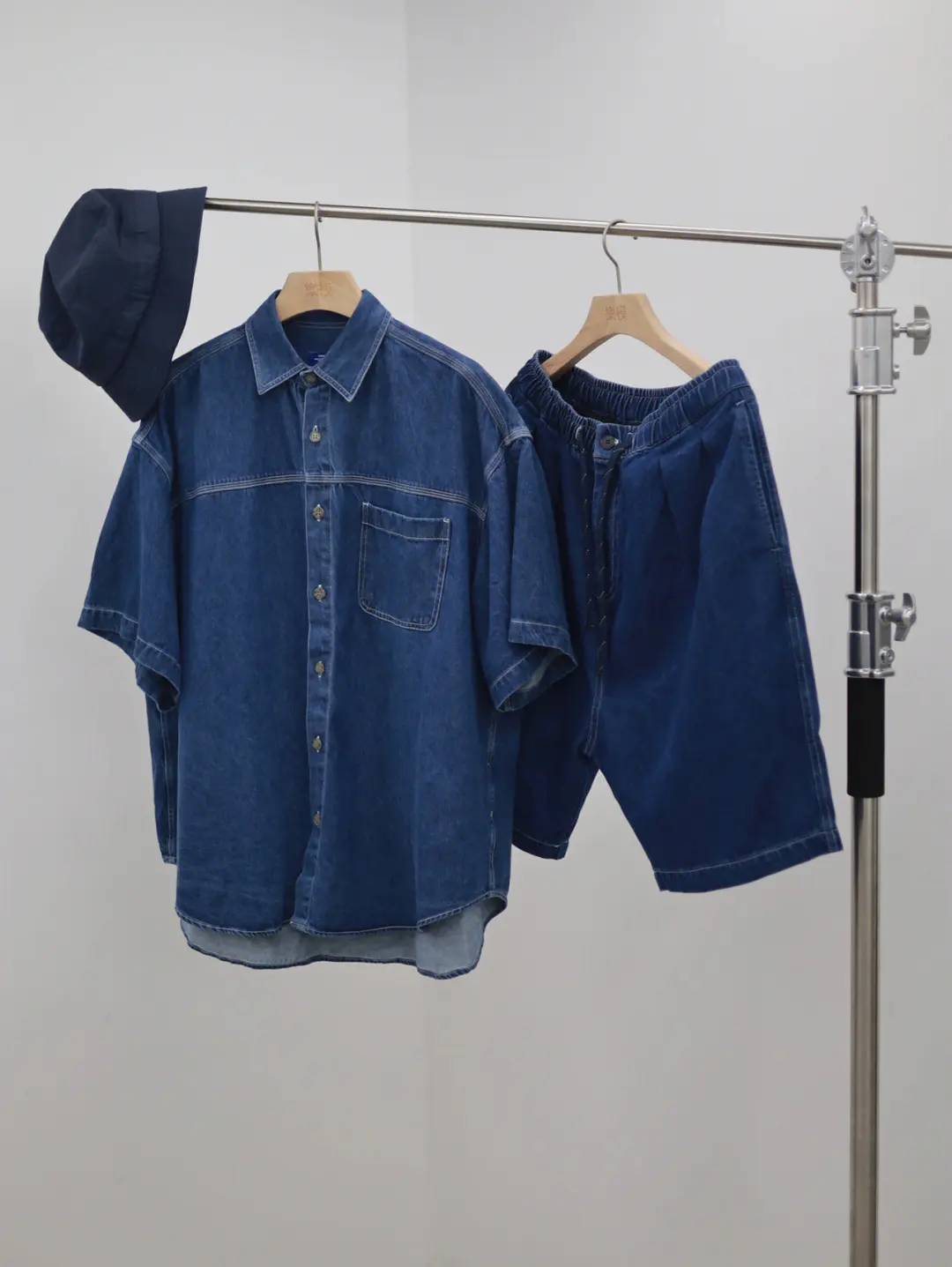
Bromo Indigo: A Superior Dyeing Solution for Long-Lasting Color
When comparing bromo indigo and traditional indigo blue, both dyes offer unique advantages for textile dyeing.Leer más -
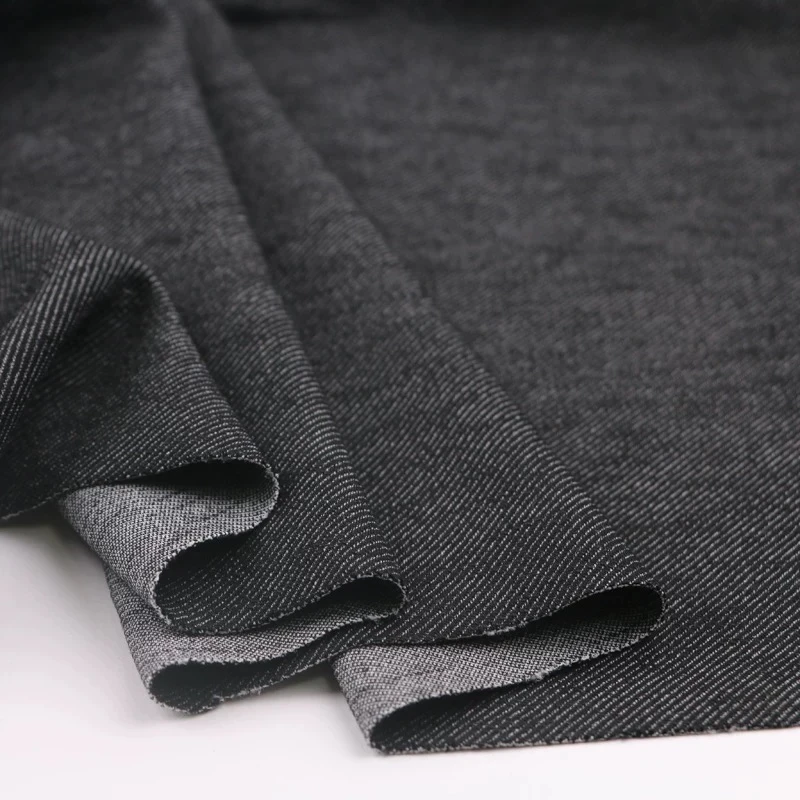
The Enchanting World of Indigo Blue
In the vast tapestry of colors that weave through human history, few hues evoke as much nostalgia and timeless elegance as indigo blue.Leer más -
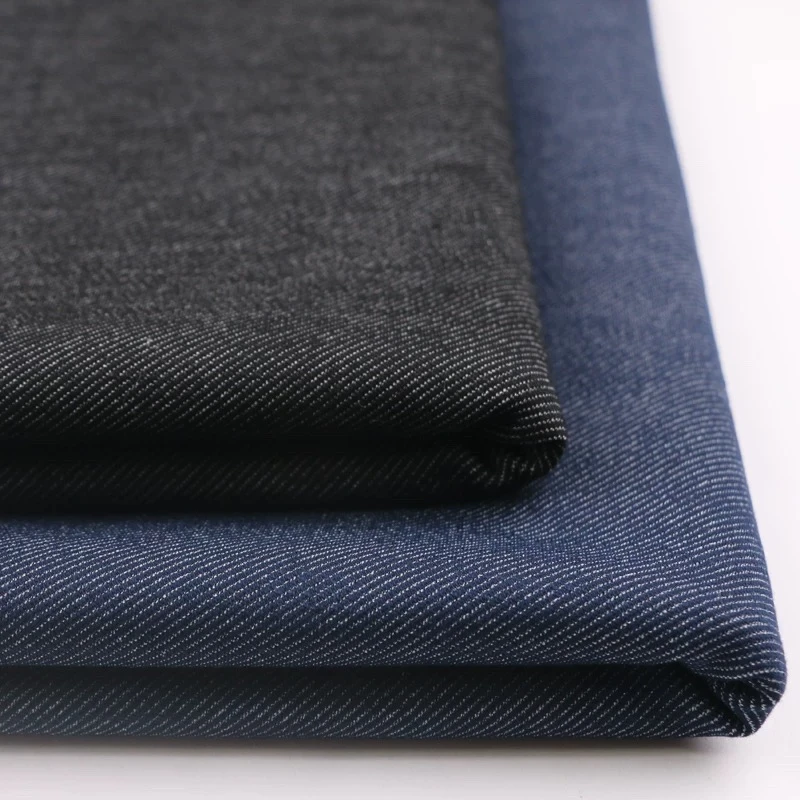 In the vibrant world of textiles and colorants, sulphur black dyes occupy a unique and prominent position.Leer más
In the vibrant world of textiles and colorants, sulphur black dyes occupy a unique and prominent position.Leer más -
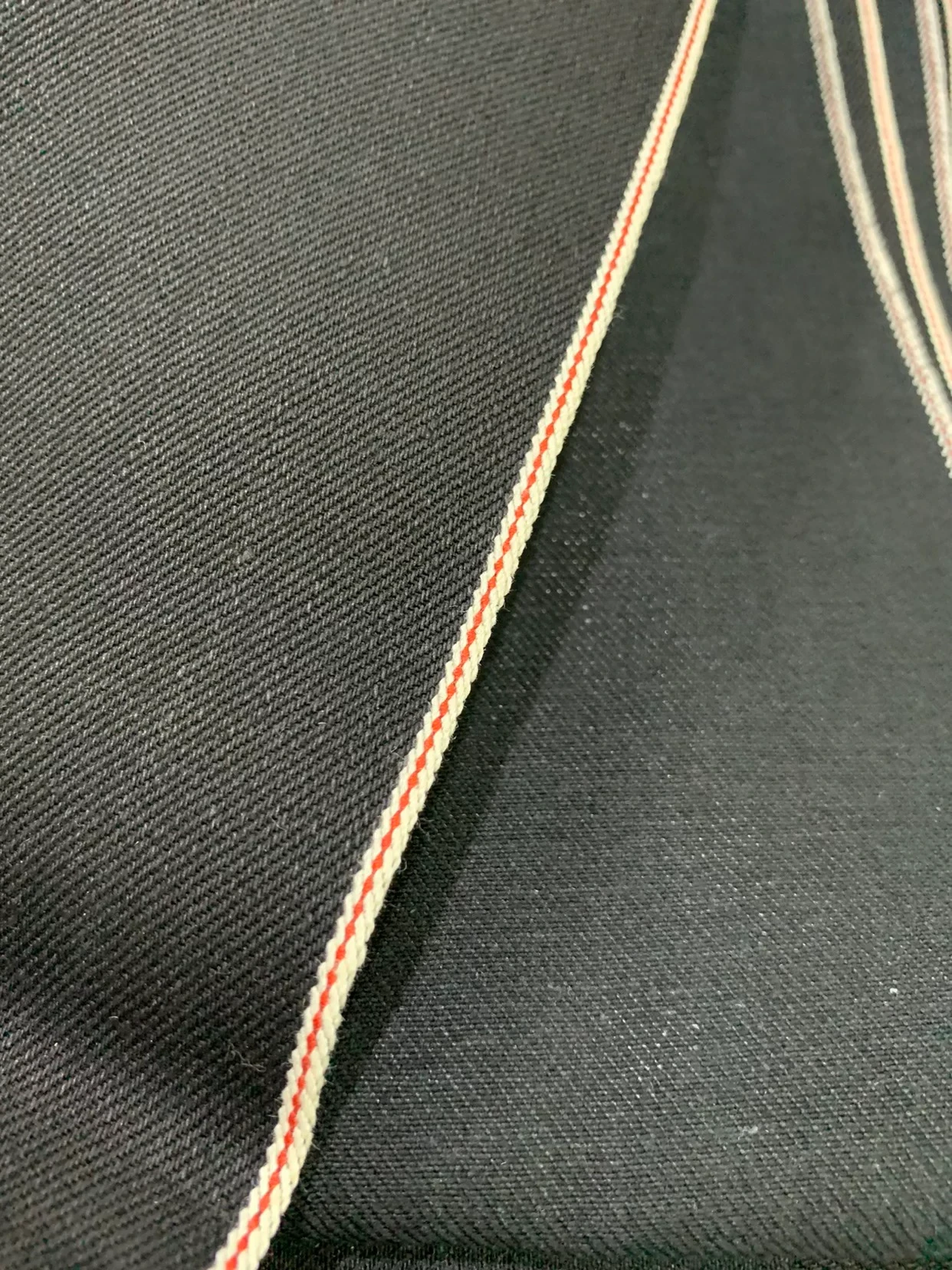
Unlocking the Mysteries of Sulphur Black: A Journey Through the World of Versatile Dyes
In the vibrant landscape of textile dyes, few colors evoke a sense of timeless elegance and enduring practicality quite like sulphur black.Leer más -
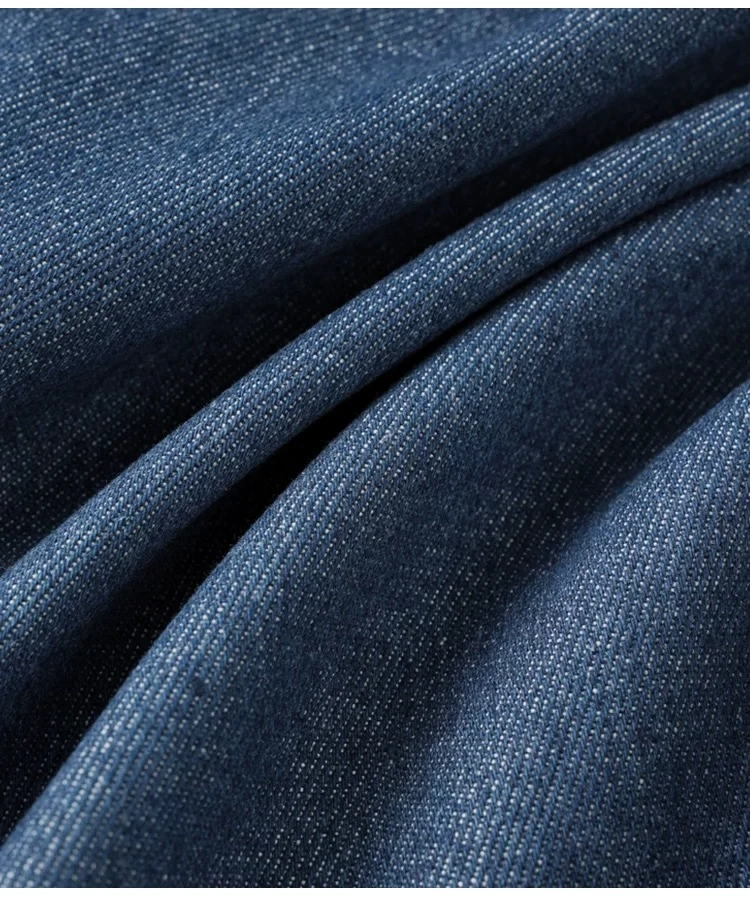
The Allure of Indigo Blue: Unraveling the Mystique of Vat Blue and Its Versatile Expressions
In the vast tapestry of colors that weave through human history and culture, indigo blue stands as a timeless thread, intertwining itself into the fabric of our lives in myriad forms.Leer más -
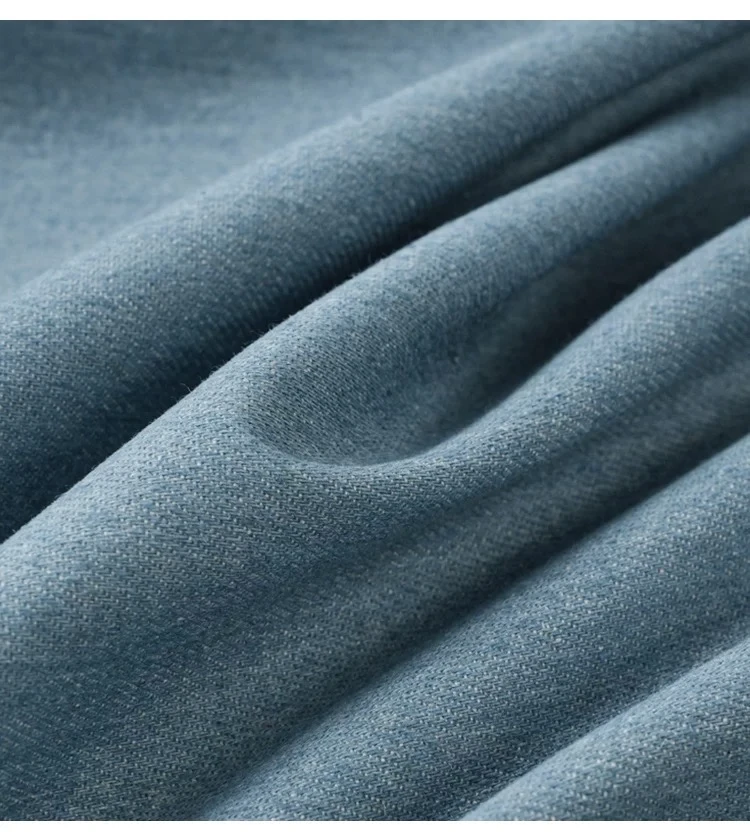
Unraveling the Mystique of Bromo Indigo: A Journey Through the World of Natural Dyes
In the vast tapestry of colors that adorn our world, indigo dye stands out as a timeless and enigmatic hue, imbuing fabrics with a rich, deep blue that transcends generations and cultures.Leer más -
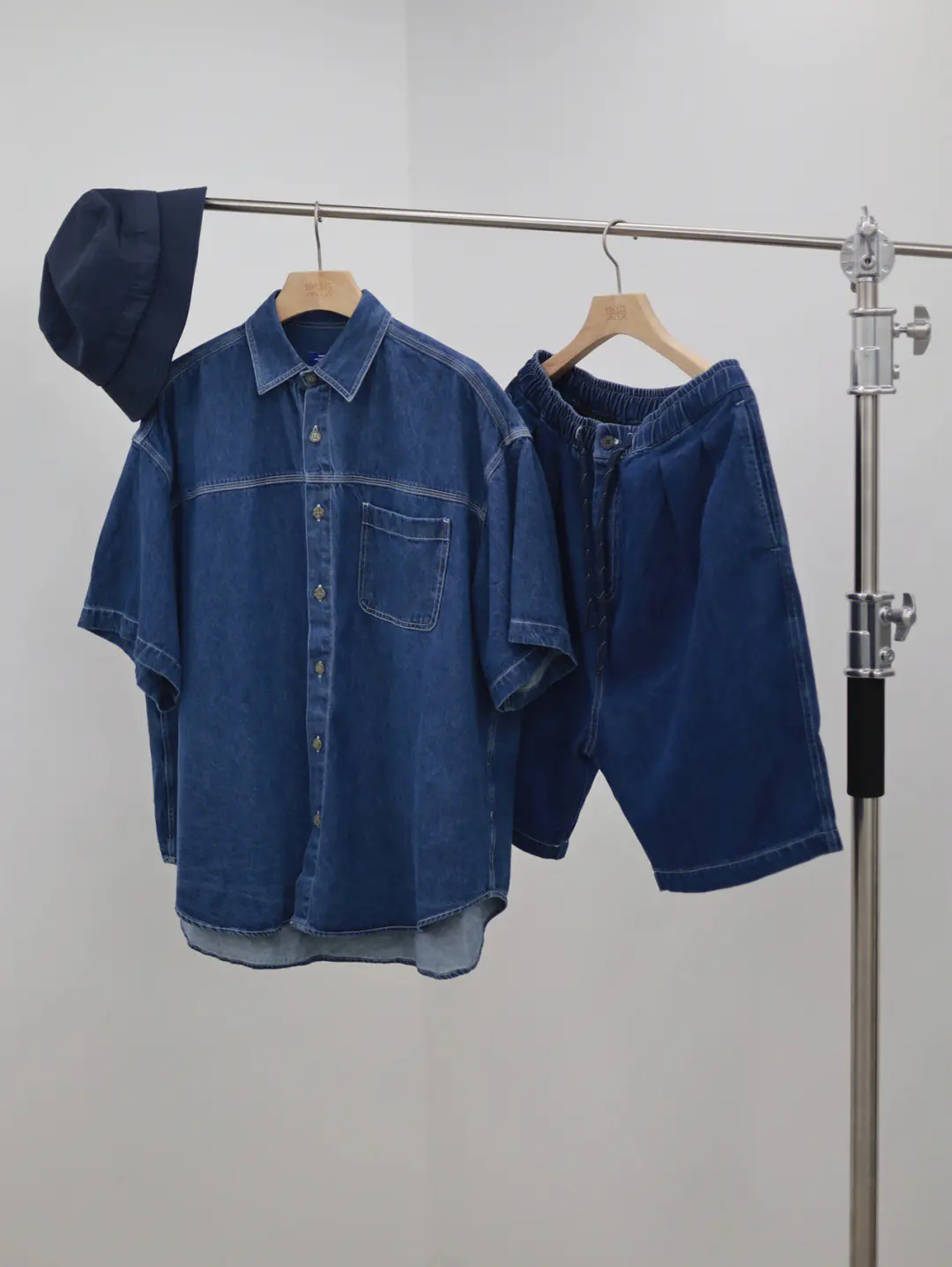
Exploring the Rich History and Versatility of Bromo Indigo: The Heart of Indigo Dye Fabric and Jeans
In the vast tapestry of textile colors, few hues evoke as much nostalgia and timeless appeal as indigo.Leer más

